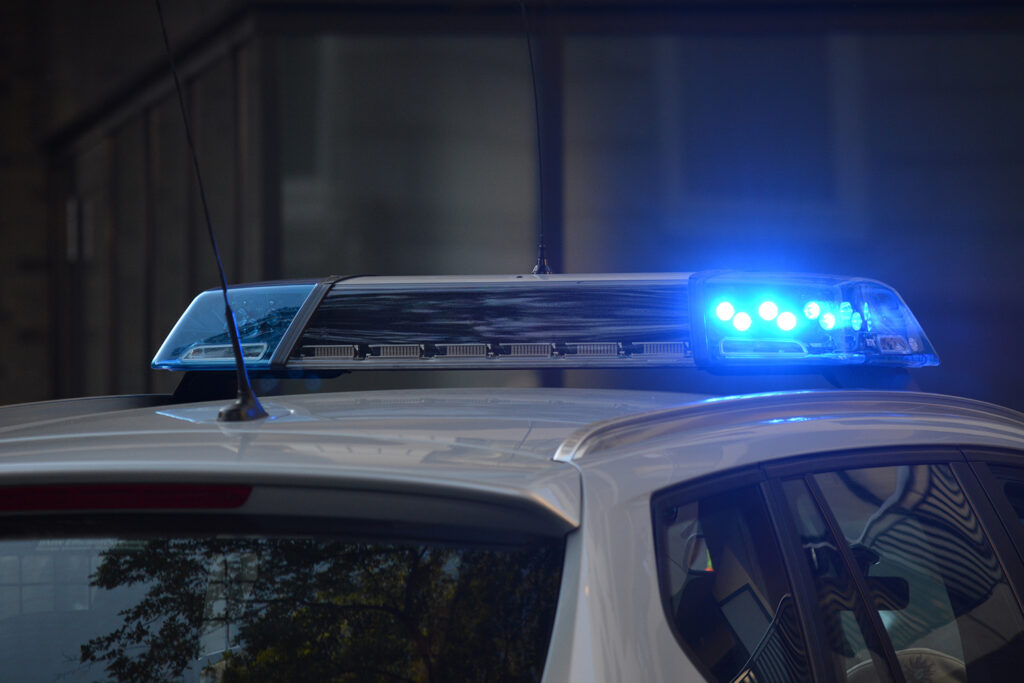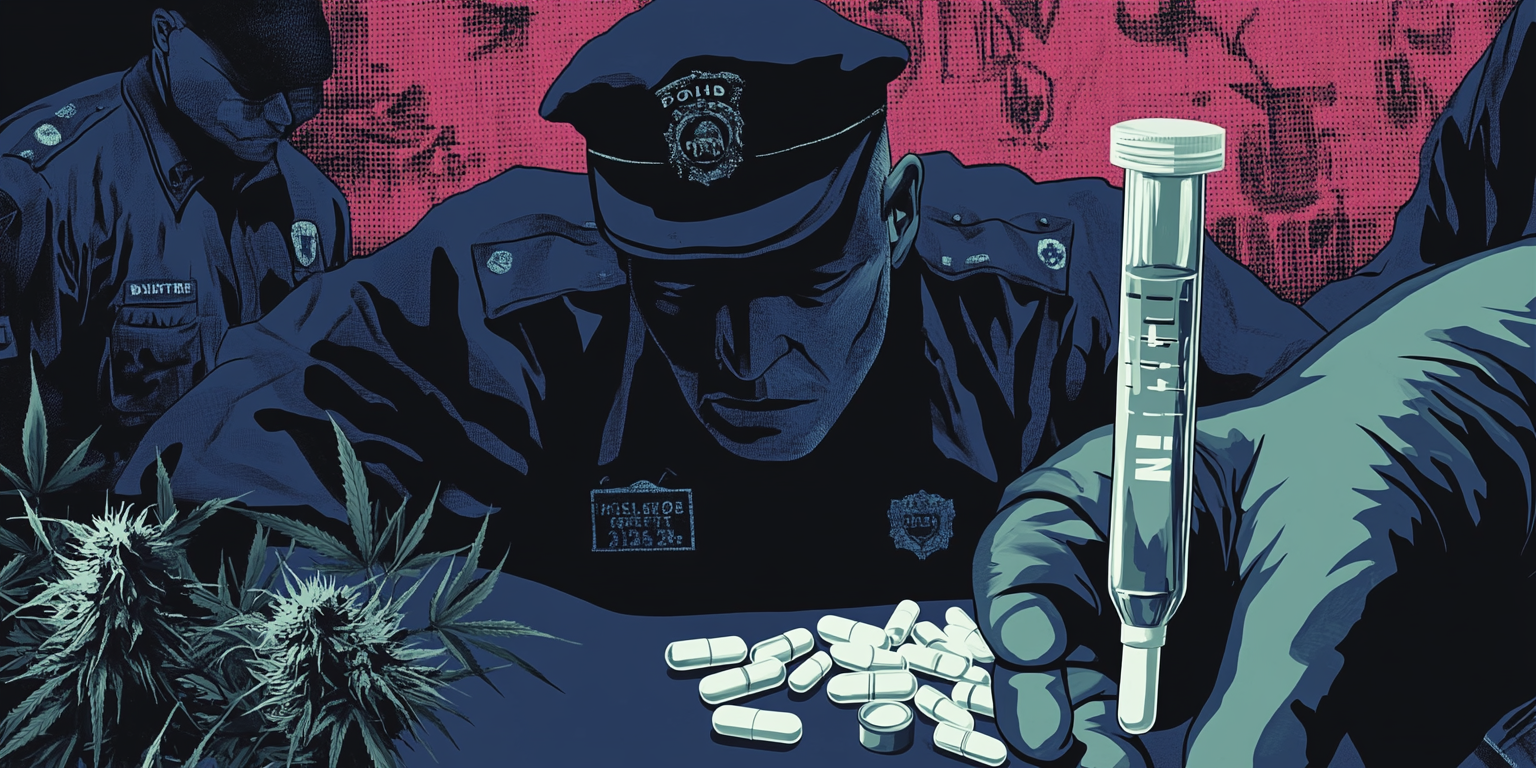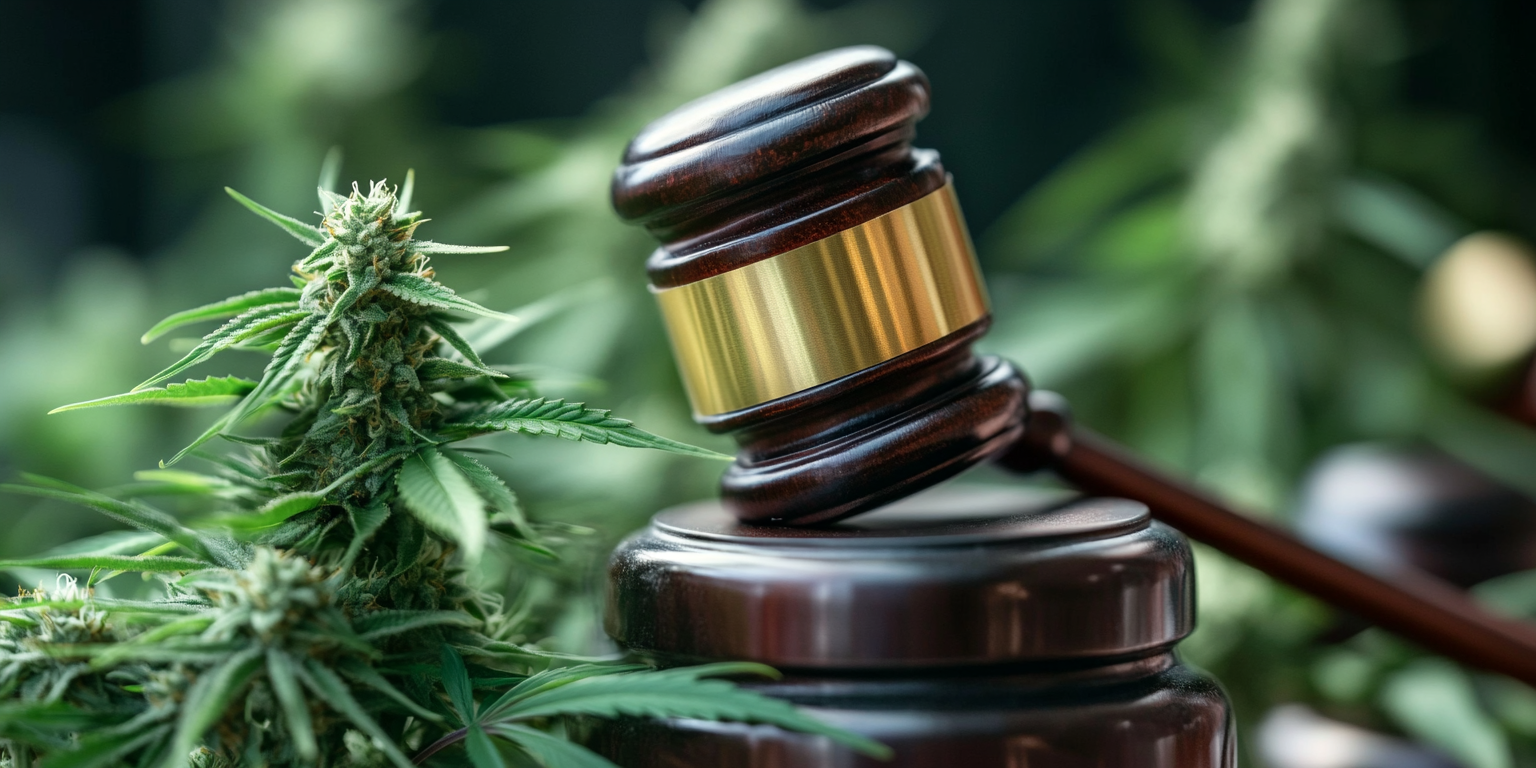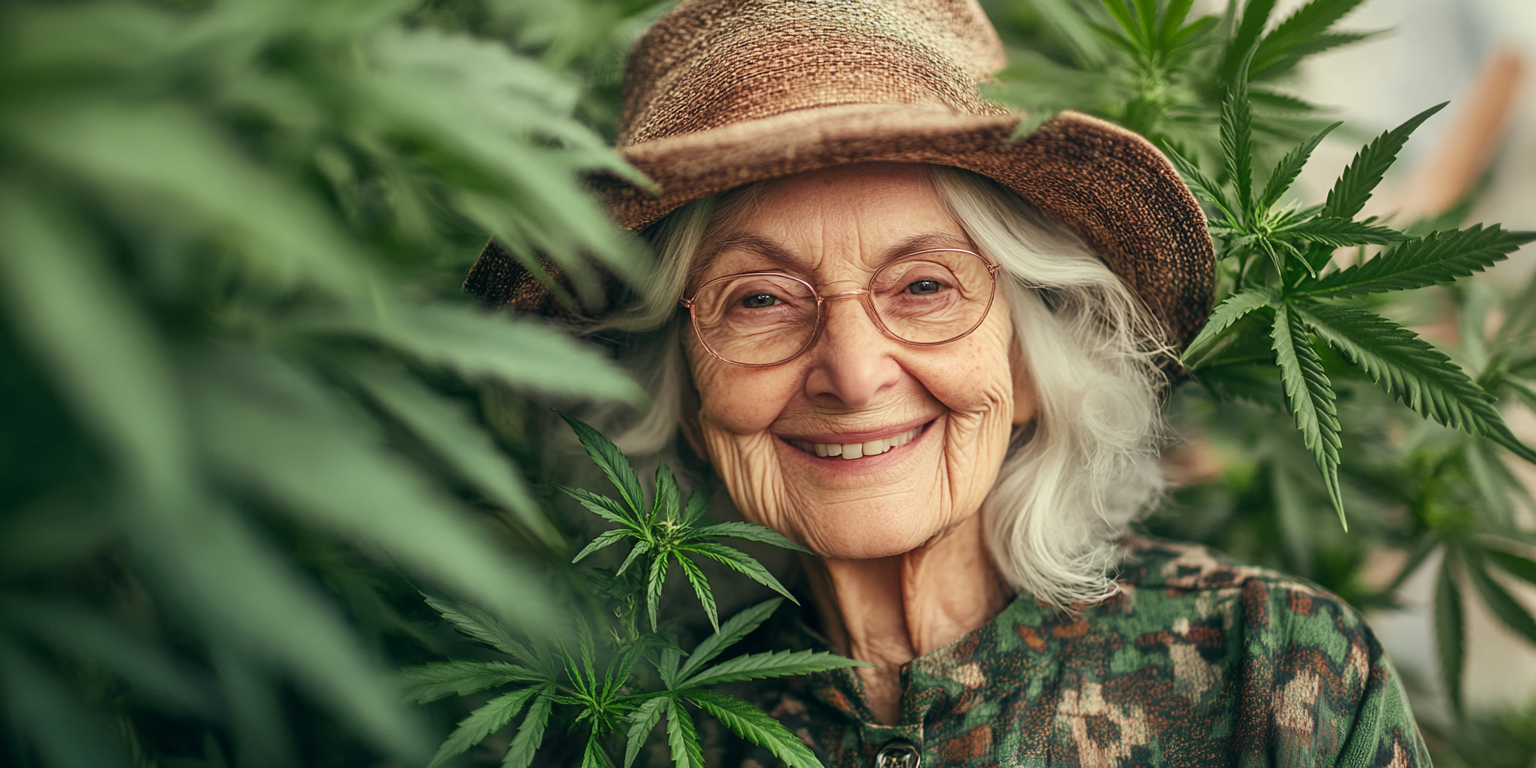Officer Reinstated After Fired For THC Positive Drug Test
A police officer in Jersey City, New Jersey faced termination after testing positive for THC in a 12 panel drug test. However, recent developments have led to his reinstatement, highlighting the challenges surrounding cannabis use among law enforcement personnel. What would it take for these positions to become jobs that don’t drug test?

Police car with lights on.
The Officer In Question
Norhan Mansour, the officer in question, found himself dismissed despite the state’s legalization of adult-use cannabis in New Jersey in 2021. This legalization, which commenced with sales in April 2022, prompted the Jersey City Police Department to clarify that even though cannabis was legalized, police officers were not allowed to consume it while off duty.
Mansour was among four officers who lost their jobs due to a positive THC test in June 2022, leading them to initiate a lawsuit in April 2023.
The Legal Battle
Mansour’s lawyer, Peter Paris, drew attention to the perceived inconsistency in his firing. He likened the situation to firing officers for having a beer off duty, emphasizing that New Jersey’s constitutional right to consume cannabis should be respected.
The legal battle eventually culminated in a decision by Judge Kimberly Moss, who stated that state law prevents employers from terminating employees solely based on cannabis use or the presence of cannabinoid metabolites in their system.
This decision sheds light on the best defense for a positive drug test involving cannabis.
This Officer’s Outcome
The New Jersey Civil Service Commission sided with Mansour, highlighting the evolving stance on cannabis use and its impact on law enforcement.
The commission emphasized that the federal prohibition on cannabis consumers owning firearms does not apply to law enforcement officers, signaling a shift in the interpretation of regulations.
The issue of drug testing requirements for law enforcement also gained attention in New Jersey, prompting the introduction of new directives and policies by the New Jersey Cannabis Regulatory Commission and Attorney General Matthew Platkin.
These changes reflect a broader trend in conservative states, including Alabama and Mississippi, adopting more lenient marijuana policies.
Why Officers Don’t Partake
Several factors can contribute to officers choosing not to try cannabis. Concerns about potential legal repercussions of federally funded employees obviously dissuades officers from experimenting with the substance. Since police officers are government employees, they’re prohibited from using cannabis until it’s federally legal.
Not only that, but police officers are on the forefront of the war on drugs which directly conflicts with their decision to try it.
Additionally, health and safety considerations, such as worries about the potential impact on cognitive functions or respiratory health, may also play a role in their decision. And finally, social stigma surrounding cannabis use, particularly among certain demographics or cultural groups, can influence individuals to abstain– especially police officers.
Dabbling In Cannabis
Beyond that, as forementioned, the stigma of “smoking the reefer” holds people back. While cannabis can obviously be recreational, there are so many different ways to consume it. It’s a tool for wellness and doesn’t always require lighting up. We at Fairwinds provide different modes of cannabis that are odorless and/ or don’t even need to be inhaled.
SHOULD Officers Partake?
Some people argue that officers should be encouraged to try it so they understand cannabis to its fullest effects. Most people who have tried cannabis, even if they have a negative experience, are less likely to oppose cannabis legalization because they understand it’s not dangerous.
That, of course, won’t happen until Cannabis is federally legal. Some even argue that officers are forbidden from cannabis consumption because that would destroy the national enforcement of the war against cannabis specifically but that is purely speculation.
There are, of course, other reasons besides belief systems that keep officers from consuming.
Other National Issues with Officer Cannabis-Use
Another problem having to do with officers consuming cannabis is firearm ownership. A large amount of officers personally own firearms in addition to their regular firearm usage at work. The conflict of cannabis users and gun ownership has arisen across many states.
Florida Agriculture Commissioner Nikki Fried aimed to challenge a federal rule restricting medical marijuana users from purchasing firearms or maintaining concealed-carry permits.
Meanwhile, a federal judge in Florida rejected a lawsuit against medical cannabis consumers’ gun ownership rights.
In Oklahoma, a significant breakthrough occurred when a federal court deemed the prohibition of cannabis consumers from owning guns unconstitutional, recognizing the rights of adults to both cannabis use and firearm possession.
This ruling echoes a similar decision in Texas, where a federal court in April declared the ban on firearm possession by consumers unconstitutional.
Conclusion
In conclusion, the case of Norhan Mansour’s reinstatement underscores the complex and evolving landscape of cannabis use and law enforcement. It also highlights the changing attitudes toward cannabis consumption and its intersection with firearm ownership, reflecting a broader trend toward acceptance and reform.





Leave a Reply